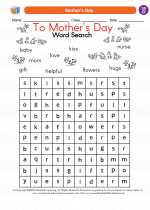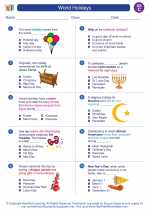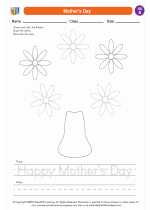Yom Kippur
Yom Kippur, also known as the Day of Atonement, is the holiest day in the Jewish calendar. It falls on the 10th day of Tishrei, the seventh month of the Jewish calendar, and is a day of fasting, prayer, and repentance.
Significance
Yom Kippur is a day for Jews to atone for their sins and seek forgiveness from God. It is believed that on this day, God seals the fate of each person for the coming year, so it is a time for reflection and spiritual renewal.
Observance
On Yom Kippur, Jews observe a complete fast, refraining from eating and drinking for 25 hours. They also abstain from other activities such as bathing, wearing leather shoes, and engaging in marital relations. The day is spent in synagogue, where special prayers and liturgies are recited, focusing on repentance and forgiveness.
Customs and Traditions
Before Yom Kippur, it is customary to seek forgiveness from those whom one has wronged during the past year. This act of reconciliation, known as teshuvah, is an important part of the observance of Yom Kippur. Many Jews also wear white clothing on Yom Kippur as a symbol of purity and renewal.
Study Guide
- What is the significance of Yom Kippur?
- How is Yom Kippur observed?
- What are some customs and traditions associated with Yom Kippur?
- Why is seeking forgiveness from others important before Yom Kippur?
- What is the meaning of wearing white clothing on Yom Kippur?
Studying and understanding the significance of Yom Kippur is an important part of learning about Jewish culture and traditions. It fosters an appreciation for the values of repentance, forgiveness, and spiritual renewal that are central to the observance of Yom Kippur.
.◂Social Studies Worksheets and Study Guides First Grade. Observance of Holidays

 Worksheet/Answer key
Worksheet/Answer key
 Worksheet/Answer key
Worksheet/Answer key
 Worksheet/Answer key
Worksheet/Answer key
 Worksheet/Answer key
Worksheet/Answer key
 Worksheet/Answer key
Worksheet/Answer key
 Worksheet/Answer key
Worksheet/Answer key
 Worksheet/Answer key
Worksheet/Answer key
 Worksheet/Answer key
Worksheet/Answer key
 Worksheet/Answer key
Worksheet/Answer key
 Coloring Worksheet
Coloring Worksheet
